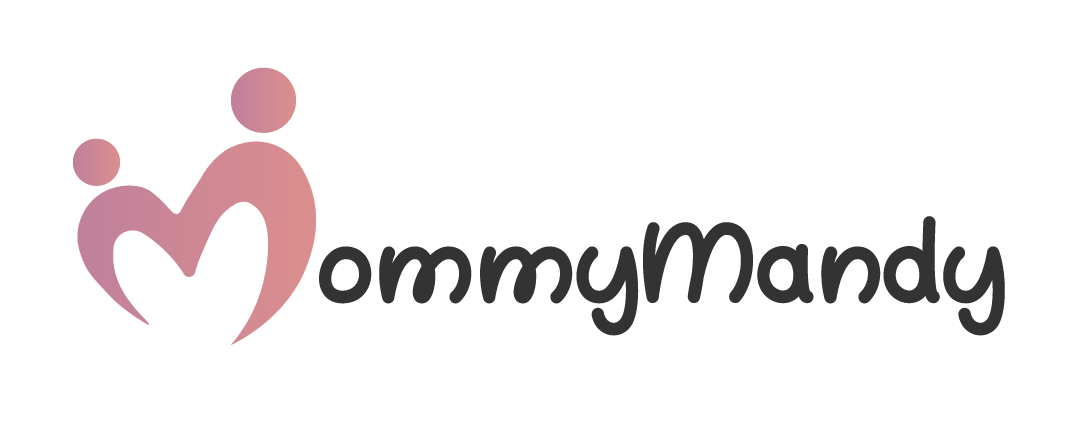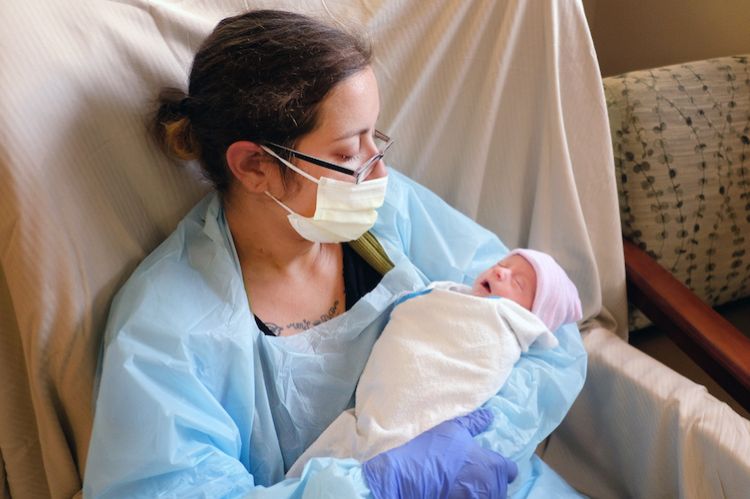Having a baby is a joyous occasion for most parents, but sometimes it can also trigger a nightmare scenario: getting a visit from Child Protective Services (CPS). CPS is a government agency that investigates cases of child abuse and neglect, and can remove children from their homes if they are in danger.
But why would they get involved with a newborn baby? Here are some of the reasons why hospitals may call CPS after a baby’s born, and what you can do to prevent or deal with it.
Why Do Hospitals Call Cps After Baby’s Born: Ensuring Child Safety

As a mother of five, I can confirm that each birthing experience is its own unique roller-coaster ride. But imagine, after your precious bundle of joy is born, seeing a hospital staff member, with a grim look on their face, informing you that they’re calling Child Protective Services (CPS).
Your heart might sink to your freshly stitched-up belly button, right? The question, “Why do hospitals call CPS after baby’s born?” becomes hauntingly relevant.
Let me help you understand this complex topic.
Reasons Why Hospitals Call CPS After Baby’s Born:
There are many reasons why hospitals may call CPS after a baby’s born, but they usually fall into one of these categories:
-
Medical Issues
If the baby has signs of physical injury, illness, or drug exposure, the hospital may suspect abuse or neglect by the parents and report it to CPS. This can happen if the baby has bruises, fractures, infections, low birth weight, or withdrawal symptoms from drugs.
The hospital may also call CPS if the parents refuse to consent to medical treatment for the baby, such as vaccinations, blood tests, or circumcision.
-
Behavioral Issues
If the parents exhibit signs of mental instability, substance abuse, domestic violence, or criminal activity, the hospital may worry about the safety and well-being of the baby and report it to CPS. This can happen if the parents are aggressive, hostile, paranoid, intoxicated, or have a history of legal problems.
The hospital may also call CPS if the parents are unprepared, unwilling, or unable to care for the baby, such as having no home, no income, or no support system.
-
Legal Issues
If the baby’s birth certificate or paternity is in question, the hospital may contact CPS to sort out the legal matters. This can happen if the parents are underage, unmarried, or have different names or citizenships. The hospital may also call CPS if the baby is abandoned, unwanted, or involved in a custody dispute.
-
Medical Neglect
If a parent refuses necessary medical treatment for the baby due to personal beliefs or negligence, this might prompt the hospital to call CPS.
In our recent article, we covered the topic of Why Does My Baby Grab My Face When Falling Asleep?
Substance Abuse and Newborns: A Heartbreaking Reality

I met a young mother in the maternity ward of my third child’s birth. She was distraught because her baby tested positive for drugs, and the hospital had called CPS. It was a heartbreaking reminder of the devastating impact of substance abuse on newborns.
Babies born to mothers who use drugs during pregnancy can develop Neonatal Abstinence Syndrome (NAS), a group of conditions caused by withdrawal from the drugs. NAS symptoms can include tremors, seizures, irritability, and feeding problems. These babies are also at increased risk for developmental delays and learning disabilities.
Hospitals are obligated to report cases of suspected NAS to CPS. CPS can help ensure that babies and mothers receive the necessary treatment and support services.
My encounter with this young mother drove home the reality of substance abuse on newborns. It is a complex and challenging issue, but there is hope. With early intervention and support, babies and mothers can thrive.
What to Expect When CPS is Called at the Hospital
If CPS is called at the hospital, an investigator will visit to assess the situation. The investigator will interview the parents and relevant hospital staff, and might inspect the baby for any signs of abuse or neglect.
Based on the information gathered, the investigator will make a determination. If the baby is in immediate danger, CPS might place the child in protective custody. However, this is a last resort.
More often, CPS will develop a plan with the parents to address the concerns identified. This might involve parenting classes, substance abuse counselling, or creating a safe home environment.
You may also be interested in our this article Help! My Baby Gags on Pacifier!-7 Possible Reasons + What To Do
Mandatory Reporting Laws for Hospitals
- Federal Law: The federal Child Abuse Prevention and Treatment Act (CAPTA) requires healthcare providers to report suspected child abuse or neglect to child protective services (CPS). This includes cases where a baby tests positive for drugs at birth.
- State Laws: Each state has its own laws regarding what constitutes child abuse or neglect and the reporting requirements for healthcare providers. Failure to report suspected cases can result in penalties, such as fines and jail time.
- Confidentiality: The obligation of confidentiality for healthcare providers is overridden when it comes to protecting a child from harm.
- Good Faith Reporting: Most laws protect healthcare providers who report suspected abuse or neglect in good faith, even if the report turns out to be unfounded.
- Screening Tests: Many states require hospitals to conduct drug tests on newborns. A positive test is generally grounds for a report to CPS.
Social Workers in Hospital Births and CPS Reporting

Social workers play an integral role in hospital births, especially when there are concerns about the safety of a newborn. They work closely with healthcare providers and CPS to assess the situation, provide information, and support families.
Social workers act as detectives, gathering information from all relevant sources to piece together a clear picture of the situation. They then liaise with CPS to provide all necessary information and assist them in making an informed decision about the child’s safety.
Once CPS is involved, the social worker becomes the family’s advocate. They offer guidance and support as parents navigate the complexities of CPS involvement.
Uncover more: Why Do Babies Scratch Surfaces? (4 Interesting Details)
Parental Rights When CPS is Called:
- The right to information: Parents have the right to know why CPS has been called and what the process will be.
- The right to legal counsel: Parents can consult with a lawyer if they feel their rights are being violated.
- The right to speak: Parents have the right to tell their side of the story.
- The right to participate in the plan: Parents should be involved in developing the plan of action created by CPS to address the concerns identified.
- The right to privacy: Despite CPS involvement, parents still have the right to privacy.
- The right to appeal: Parents can appeal CPS decisions they disagree with.
Parents Should Also be Aware of the Following:
- CPS cannot enter your home without your permission, unless they have a warrant.
- You do not have to answer any questions from CPS, and you can end the interview at any time.
- If you are removed from your child, you have the right to a court hearing to determine whether the removal was necessary.
It is important to remember that CPS is there to protect children, but parents also have rights. If you are ever unsure of your rights, you should consult with a lawyer.
The Controversy of Calling CPS
Calling CPS is a controversial topic, with strong arguments both for and against it.
Benefits of calling CPS
- CPS can provide valuable resources and services to families in need.
- CPS can help ensure the safety of a child and offer support to struggling parents.
- CPS can intervene early to prevent problems from escalating.
Drawbacks of calling CPS
- CPS involvement can be stressful and anxiety-provoking for parents.
- CPS may not be able to effectively respond to all cases due to the high volume of reports.
- There is a risk that unfounded reports may lead to children being unnecessarily removed from their homes.
End Term:
Overall, the decision of whether or not to call CPS is a complex one that should be made on a case-by-case basis. It is important to weigh the potential benefits and risks carefully before making a decision.
Read Next: Why is My Toddler Want to Sleep on the Floor? Pros and Cons
Amanda – Mom of 2 girls. Portland writer & founder of MommyMandy.com. Sharing parenting tips, family fun & solidarity on the motherhood journey.

